refined olive oil
Refining equipment is a filtering oil device that uses physical or chemical methods to remove impurities from raw materials, improve product purity and quality. It is widely used in various industries such as edible oil processing, industrial rubber extraction, oil purification, and precious metal extraction. There are significant differences in the design, functionality, and operation of refining machines based on different application fields and process requirements.
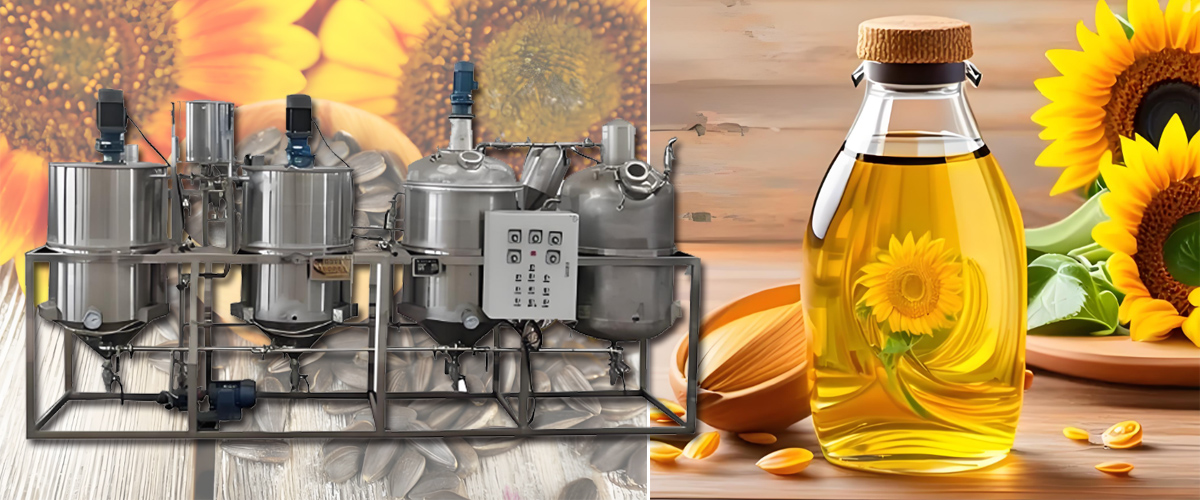
Table of Contents
- The purpose and applicable raw materials of the refining machine
- The working principle of refined sesame oil
- Scope of application of edible oil refining equipment
- Edible oil refining machine: analysis of core equipment from crude oil to first grade edible oil
- Technical characteristics of olive oil refining machine
- What are the types of oil filters
- Refining machine for sale: purchasing suggestions
- Oil Filter: Summary and Suggestions
The purpose and applicable raw materials of the refining machine
Edible oil refining machine is an industrial device used for purifying vegetable oils, which removes harmful substances and impurities from crude oil through multiple processes, and produces first-class edible oil that meets national food safety standards.
- Applicable oil materials
- More than ten types of vegetable oils, including rapeseed oil, soybean oil, cottonseed oil, peanut oil, sunflower seed oil, etc.
- Industrial oils such as olive oil, palm oil, perilla oil, etc
- Refining of animal fats and oils (such as lard and butter).
- Application scenarios
- Large oil factory: adopting a fully continuous physical refining line, with a daily processing capacity of over 500 tons, producing first-class edible oil.
- Small and medium-sized oil workshops: use intermittent refining units to achieve integrated operations of degumming, deacidification, and decolorization, and the finished oil meets the second level or above standards.
- Special oil processing: customized dewaxing and defatting processes for high-value oils such as rice bran oil and grape seed oil.
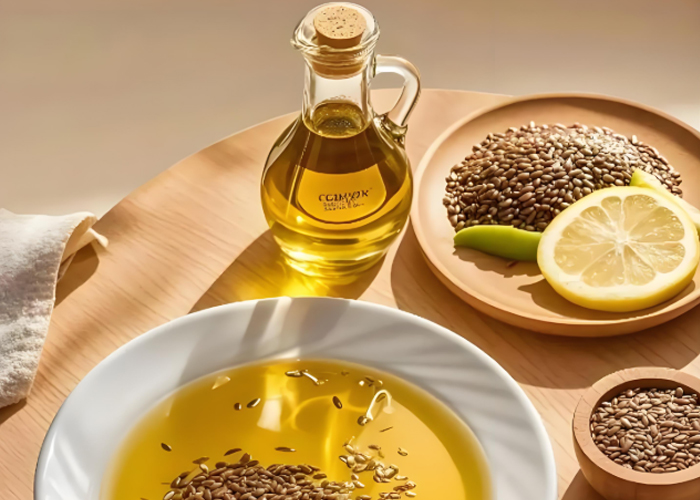
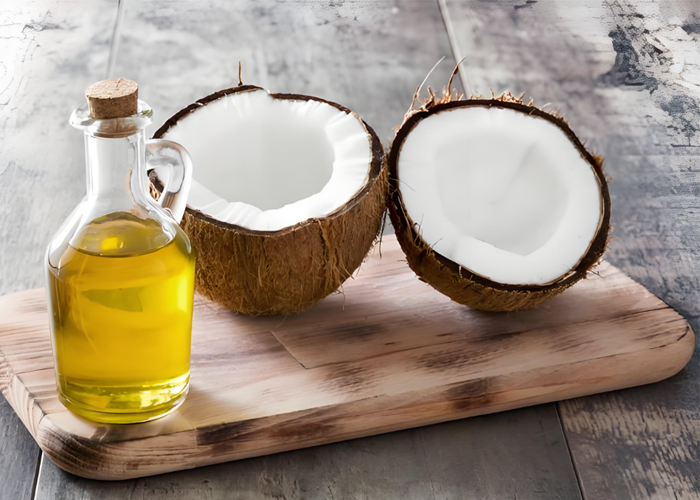
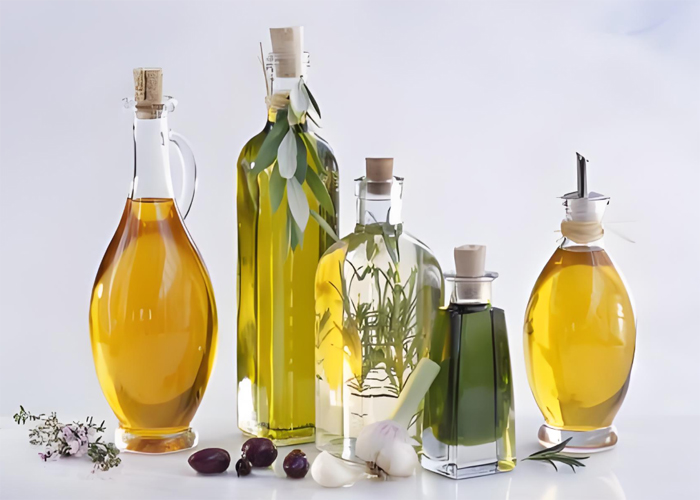
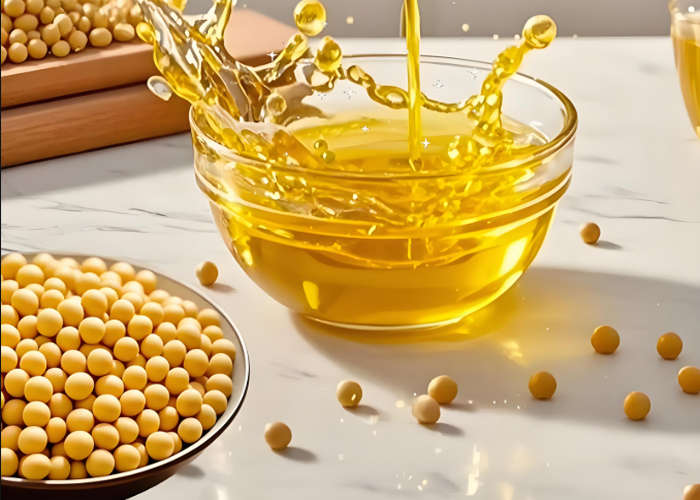
The working principle of refined sesame oil
Oil refining can be divided into chemical refining and physical refining. In order to improve oil quality and reduce refining consumption, we generally use the physical refining method. The physical refining process of peanut oil is as follows: crude oil – heater – static mixer – acid reactor – multi effect mixer – heater – centrifugal mixer – water washing centrifuge – heater – vacuum dryer – clay mixer – decolorization – filtration – decolorization clear oil tank – gas separator – heat exchange – deodorization – heat exchange – finished oil.
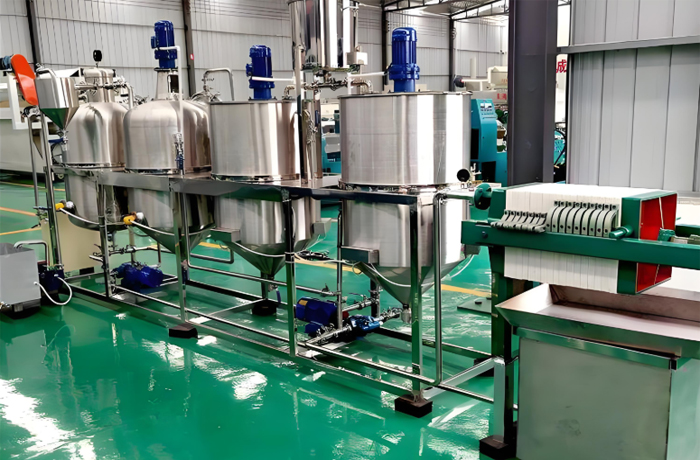
Scope of application of edible oil refining equipment
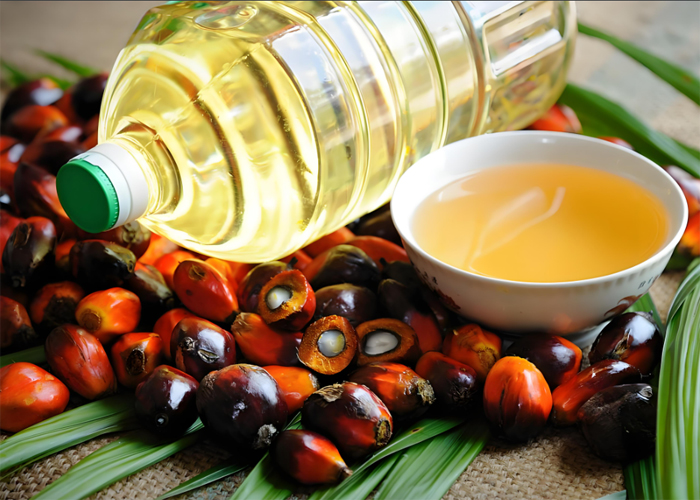
The refining machine can be used for the refining and purification of Camellia oleifera, oil palms, olives, coconuts, etc. Camellia oleifera seeds are mainly composed of tea seed shells and tea seed kernels, with tea seed kernels accounting for more than 65%, and the oil content of tea seed kernels is about 45%, belonging to high oil content oilseeds. The tea oil extracted from tea seeds has a bright orange yellow color, a pure and fragrant taste, and a fragrant aroma.
Edible oil refining machine: analysis of core equipment from crude oil to first grade edible oil
- The edible oil refining machine converts the crude oil obtained by pressing or leaching into edible oil that meets national standards through five core processes: degumming, deacidification, decolorization, deodorization, and dewaxing (optional)
- Degumming and deacidification: Removing impurities such as phospholipids and free fatty acids from crude oil, reducing acid value, and preventing oil oxidation and deterioration.
- Discoloration: By adsorbing pigments with activated clay or diatomaceous earth, the transparency and color of olive oil are improved, resulting in a clear golden yellow color.
- Dehydration and deodorization: Using a vacuum environment to lower the boiling point, remove moisture and odors, preserve the natural fruity aroma of olive oil, and extend its shelf life.
- Dewaxing (optional): For some olive oils that require low-temperature use, wax is removed through low-temperature crystallization filtration to enhance low-temperature fluidity.
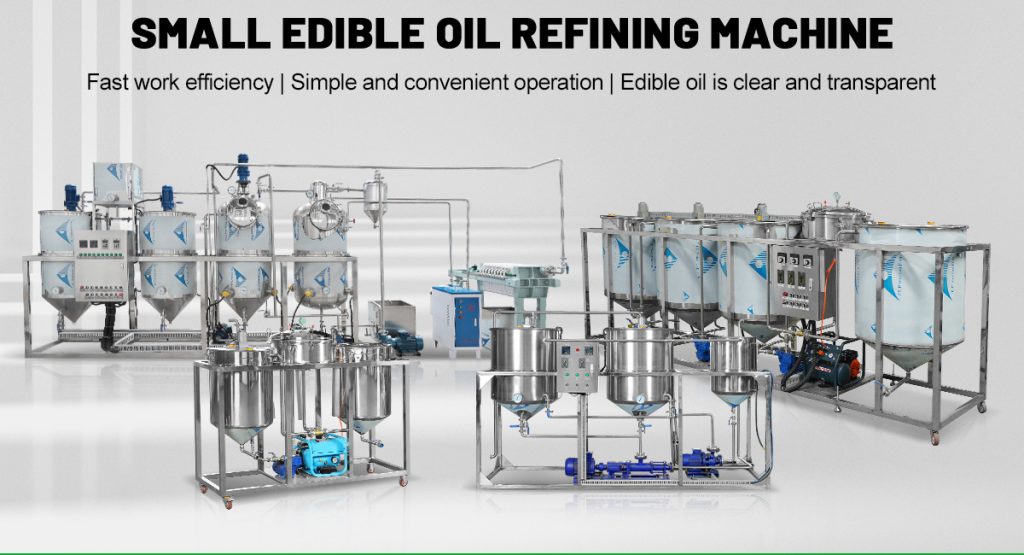
Technical characteristics of olive oil refining machine
- Intermittent and continuous options available
- Intermittent oil filter: suitable for small and medium-sized oil workshops, flexible operation, low equipment cost, but requires manual intervention for batch switching.
- Continuous oil filter: suitable for large-scale production, achieving full process automation, with a large processing capacity (up to tens of tons per day), but with high equipment investment.
- Material and process
- Stainless steel material: Strong corrosion resistance, meets food grade safety standards, and extends equipment service life.
- Low temperature refining technology: Through an intelligent temperature control system (such as electric heating+temperature control module), it avoids high temperature damage to the nutrients such as vitamin E and polyphenols in olive oil.
- Efficient and energy-saving design
- Heat exchange system: Recovering waste heat for preheating raw materials, reducing energy consumption by more than 30%.
- Vacuum degassing technology: shortens dehydration and deodorization time, reduces fuel consumption, and meets environmental protection requirements.
- Application scenarios
- Small and medium-sized oil workshops: Choose intermittent equipment to flexibly process different batches of raw materials and meet customized needs (such as cold pressed olive oil refining).
- Large edible oil factories: adopting continuous production lines to achieve large-scale and standardized production, reducing unit costs.
- Export processing enterprises: equipped with high-precision filtration systems (such as NAS 5-level filter cartridges) to meet the strict requirements of the international market for olive oil quality.
What are the types of oil filters
An oil filter is a device used to filter and purify oil (such as edible oil, industrial lubricating oil, hydraulic oil, etc.). Its core function is to remove impurities, moisture, gases, and harmful substances from the oil, and improve the quality of the oil.
- Mechanical filtration oil filter
- Principle: Intercept solid particles and impurities in oil through physical barriers such as filters, filter cartridges, or filter paper.
- characteristic:
- Simple structure, easy operation, and low cost.
- The filtration accuracy depends on the pore size of the filter material (usually 1-100 microns).
- Suitable for primary filtering or scenarios with low precision requirements.
- Common types:
- Plate and frame oil filter: composed of filter plate, filter frame, and filter cloth, it filters through hydraulic compression and is suitable for high viscosity oil.
- Vacuum oil filter (some models): Combining vacuum degassing and mechanical filtration, used to remove water and gas from oil.
- Vacuum oil filter
- Principle: Use a vacuum environment to lower the boiling point of oil, evaporate the water and gas in the oil through heating and spraying, and then discharge them through a vacuum pump.
- It can simultaneously remove moisture, gas, and solid impurities from oil.
- High filtration accuracy, suitable for scenarios with strict requirements for oil cleanliness (such as transformer oil, hydraulic oil).
- The equipment is complex and consumes high energy.
- Centrifugal oil filter
- Principle: By generating centrifugal force through a high-speed rotating drum, impurities with different densities (such as moisture and metal particles) in the oil are separated.
- characteristic:
- No need for filter material, high filtration efficiency, and can work continuously.
- Suitable for handling large amounts of oil or oil with high water content.
- Limited filtration effect on small particles (such as<5 microns)
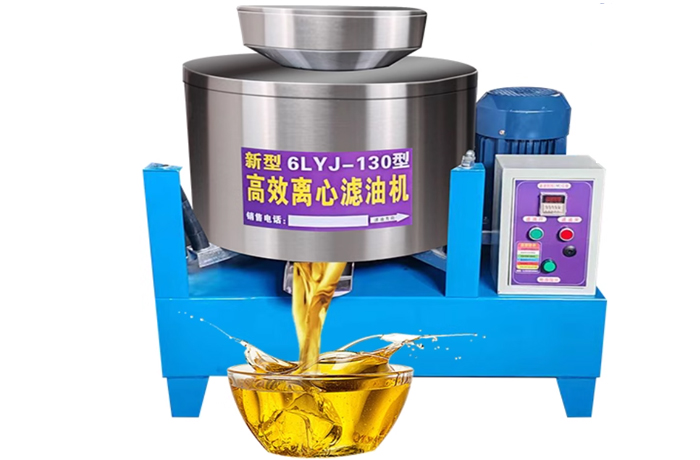

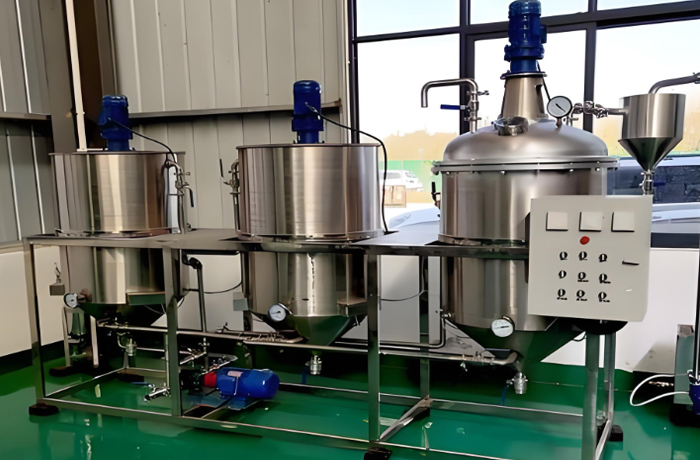
Refining machine for sale: purchasing suggestions
- Select models based on production capacity requirements: Small oil workshops prioritize equipment with a processing capacity of 500-2000kg/d, while large enterprises recommend configuring continuous production lines.
- Pay attention to materials and processes: Ensure that the tank body and pipelines are made of 304 stainless steel to avoid heavy metal pollution.
- Assessing automation level: Prioritize equipment equipped with PLC control systems to reduce manual intervention and improve production stability.
Oil Filter: Summary and Suggestions
The scope of use for an oil refining machine is incredibly broad and diverse. While its most common application is producing edible oil for the food industry, its role is just as critical in other major sectors. It is a key piece of equipment for creating clean feedstock for the biofuel industry. It is essential for producing the pure, neutral oils required by the cosmetics industry. It is also a vital tool for creating specialized oils for various industrial products.
At Fude Machinery, we understand this wide scope. We have the experience to design and build a refining solution for any of these applications, at any scale.
 Oil Press Equipment and Oil Refining Machinery for Sale – Start Your Oil Press Business
Oil Press Equipment and Oil Refining Machinery for Sale – Start Your Oil Press Business